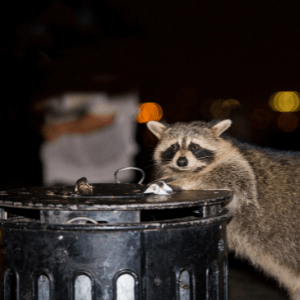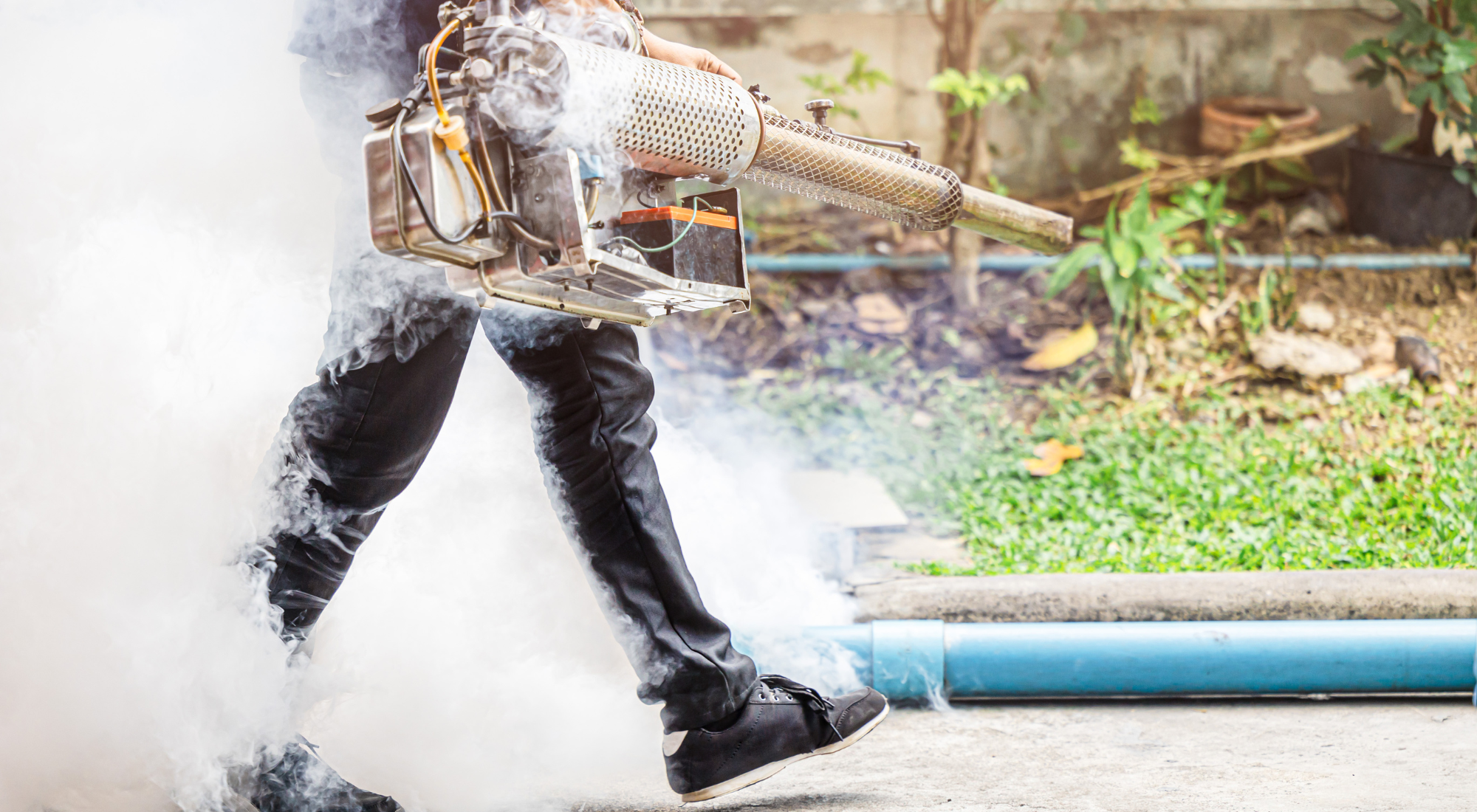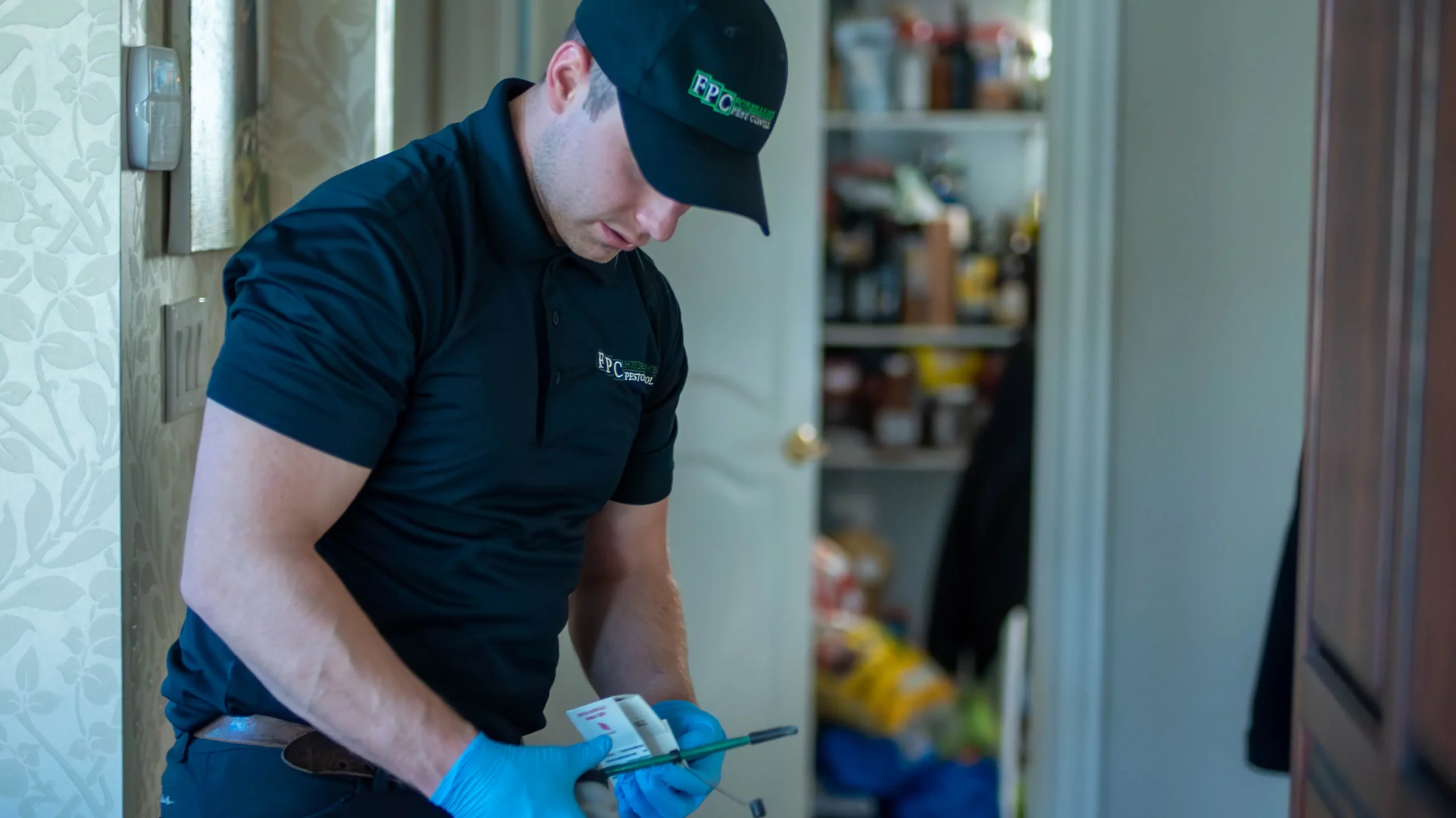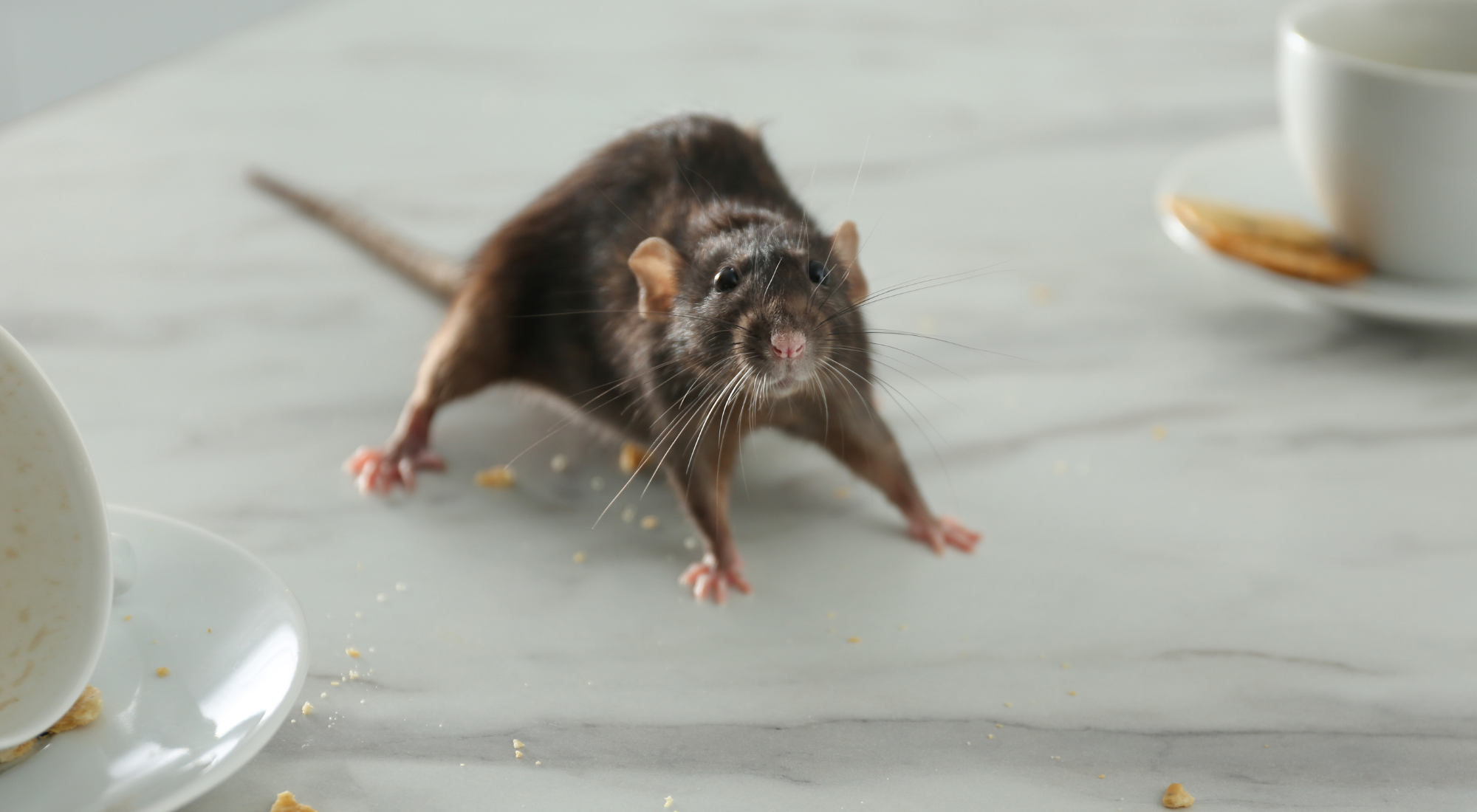Welcome to Forbearance Pest Control, where our expertise lies in providing comprehensive wildlife pest control solutions. Professionals understand the delicate balance between preserving wildlife and safeguarding human property.
This article will delve into practical strategies that promote coexistence while effectively managing wildlife-related pest issues.
From understanding common wildlife pests to implementing humane and sustainable control methods, we will guide you through the intricacies of wildlife pest control.

To effectively manage wildlife pests, it is essential to have a thorough understanding of the species commonly encountered.
Here at Forbearance Pest Control, we meet a variety of wildlife pests, including raccoons, squirrels, skunks, opossums, and more. Each animal presents unique challenges and requires specific approaches for control.
Raccoons are notorious for rummaging through garbage cans and causing property damage. They are agile climbers and can find entry points on roofs or chimneys.
Conversely, squirrels seek shelter in attics and can gnaw on electrical wiring, posing fire hazards. Skunks are known for their toxic spray, while opossums often reside in crawlspaces or under decks.
You can develop targeted control measures by understanding these wildlife pests' behaviour, habitats, and common entry points. Forbearance Pest Control experts can help identify signs of infestation, assess the severity of the issue, and recommend appropriate control strategies.
At Forbearance Pest Control, we prioritise humane methods for managing wildlife pests. We believe in fostering harmonious coexistence between humans and animals. Humane control techniques respect the welfare of wildlife and align with ethical considerations.
Exclusion methods are highly effective in wildlife pest control. Installing barriers, nets, or fences can deter wildlife from accessing sensitive areas such as gardens, porches, or building entry points.
The wildlife-friendly design of these physical barriers ensures that animals can withdraw without risk.
Habitat modification is another critical aspect of humane wildlife control. By identifying and addressing factors that attract wildlife to your property, we can reduce the likelihood of infestations. 
Removing potential food sources, such as fruit that has fallen from trees or pet food, cutting tree branches to make access to rooftops more complex, and sealing possible entry points with solid materials are all options.
Prevention plays a crucial role in wildlife pest control. By implementing proactive measures, you can significantly reduce the chances of wildlife intrusions on your property. Forbearance Pest Control experts can guide you through effective prevention strategies tailored to your circumstances.
Securing garbage bins is essential to deter wildlife pests, especially raccoons and skunks. Using locking mechanisms or storing containers in enclosed areas can help prevent access to food sources.
Sealing potential entry openings such as cracks in the foundation, vents, and eaves is vital, as these are frequent access routes for wildlife pests.
Another effective prevention technique is removing attractants from your property. Fallen fruits, bird feeders, and unsecured compost piles can attract wildlife.
You can make your property less attractive to wildlife pests by swiftly cleaning up fallen fruits and minimising the number of available food sources.
Proper landscaping practices and vegetation management can also discourage wildlife pests. For example, trimming tree branches away from structures can prevent easy roof access.
Additionally, creating a buffer zone between your property and nearby wooded areas can act as a deterrent by reducing wildlife movement.
Wildlife pest control often requires collaboration between homeowners, communities, and professionals. At Forbearance Pest Control, we emphasise the importance of seeking professional assistance when wildlife infestations or conflicts become unmanageable.
Our experienced professionals possess the expertise, knowledge, and tools for effective and ethical pest management.
By working together, we can assess the severity of the wildlife pest issue, develop a tailored control plan, and implement the most appropriate and sustainable strategies.
In addition to professional expertise, collaboration among residents and local communities is crucial. Sharing information and experiences can help identify patterns and develop community-wide strategies for wildlife pest control.
Forbearance Pest Control can facilitate such collaborations and provide educational resources to empower homeowners and communities.
At Forbearance Pest Control, we recognise the significance of environmental considerations in wildlife pest control. We are committed to implementing eco-friendly and sustainable solutions that minimise the impact on the surrounding ecosystem.
We advocate using deterrents and repellents derived from natural ingredients to deter wildlife pests. In addition to being practical, these products won't harm animals or the planet.
By strategically utilising natural repellents, we can discourage wildlife pests from approaching sensitive areas without causing harm.
In cases where trapping is necessary, we adhere to local regulations and ethical guidelines. Forbearance Pest Control employs humane trapping methods that prioritise the welfare of captured animals.
We release the captured wildlife into other areas where they can flourish without endangering human lives or causing harm to them.
Conclusion
Effective wildlife pest control requires a balanced approach prioritising coexistence and responsible management. At Forbearance Pest Control, we strive to provide comprehensive solutions that protect your property while respecting the natural environment.
You can achieve a harmonious environment that mitigates wildlife-related pest challenges by understanding common wildlife pests, implementing humane control techniques, emphasising prevention, and seeking professional assistance when needed.
Trust in our expertise and experience to guide you through the intricacies of wildlife pest control, ensuring a peaceful coexistence between humans and nature.




